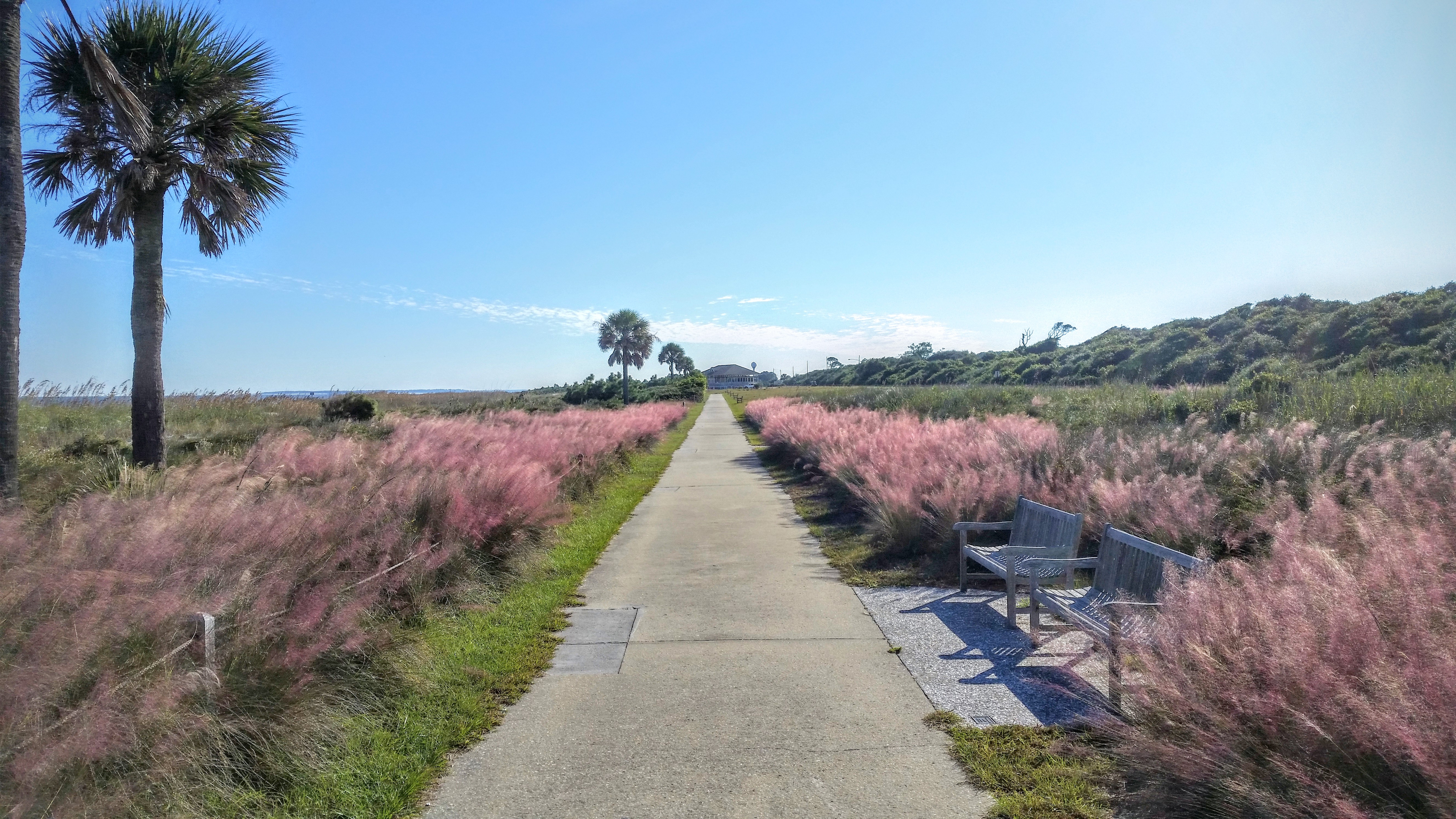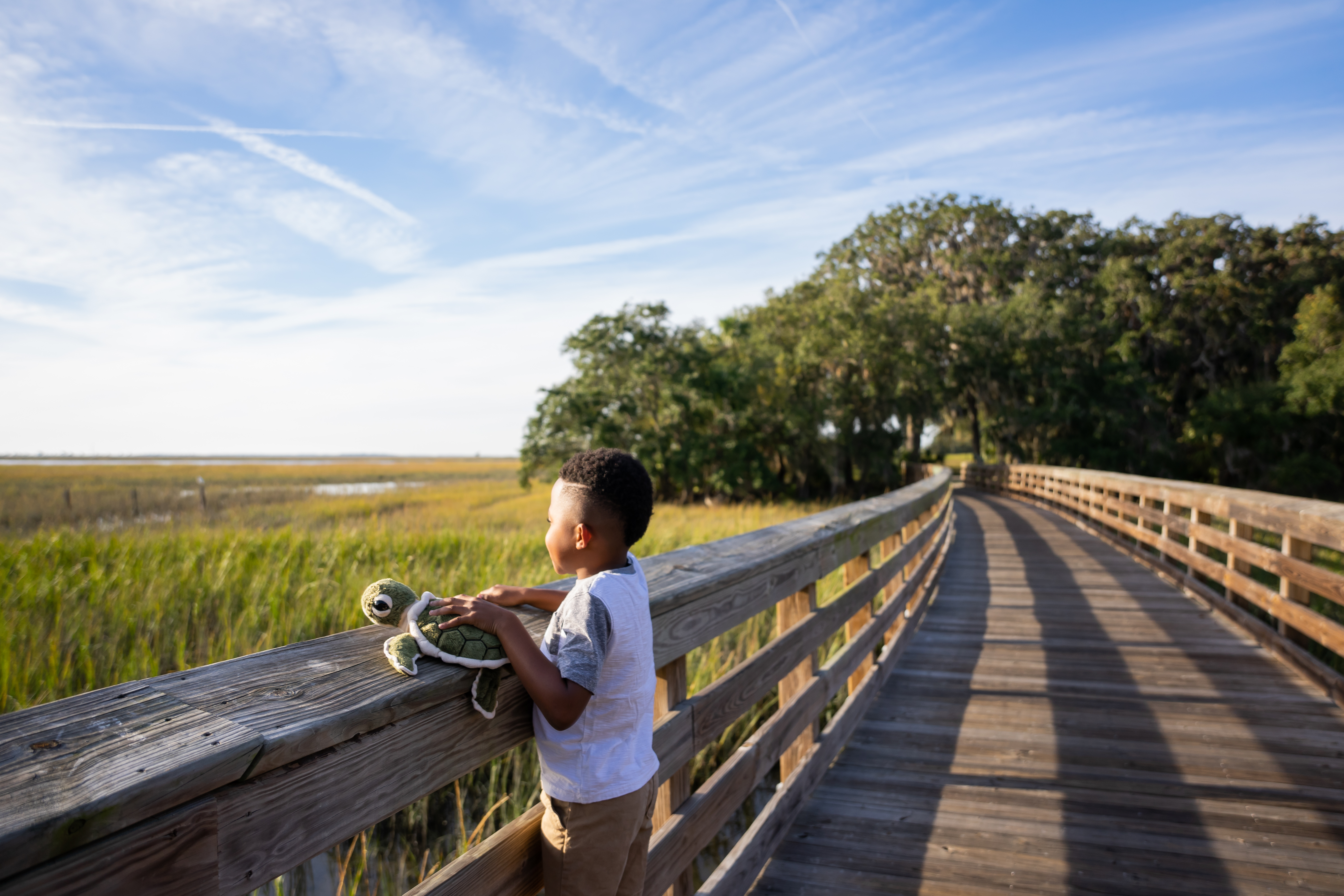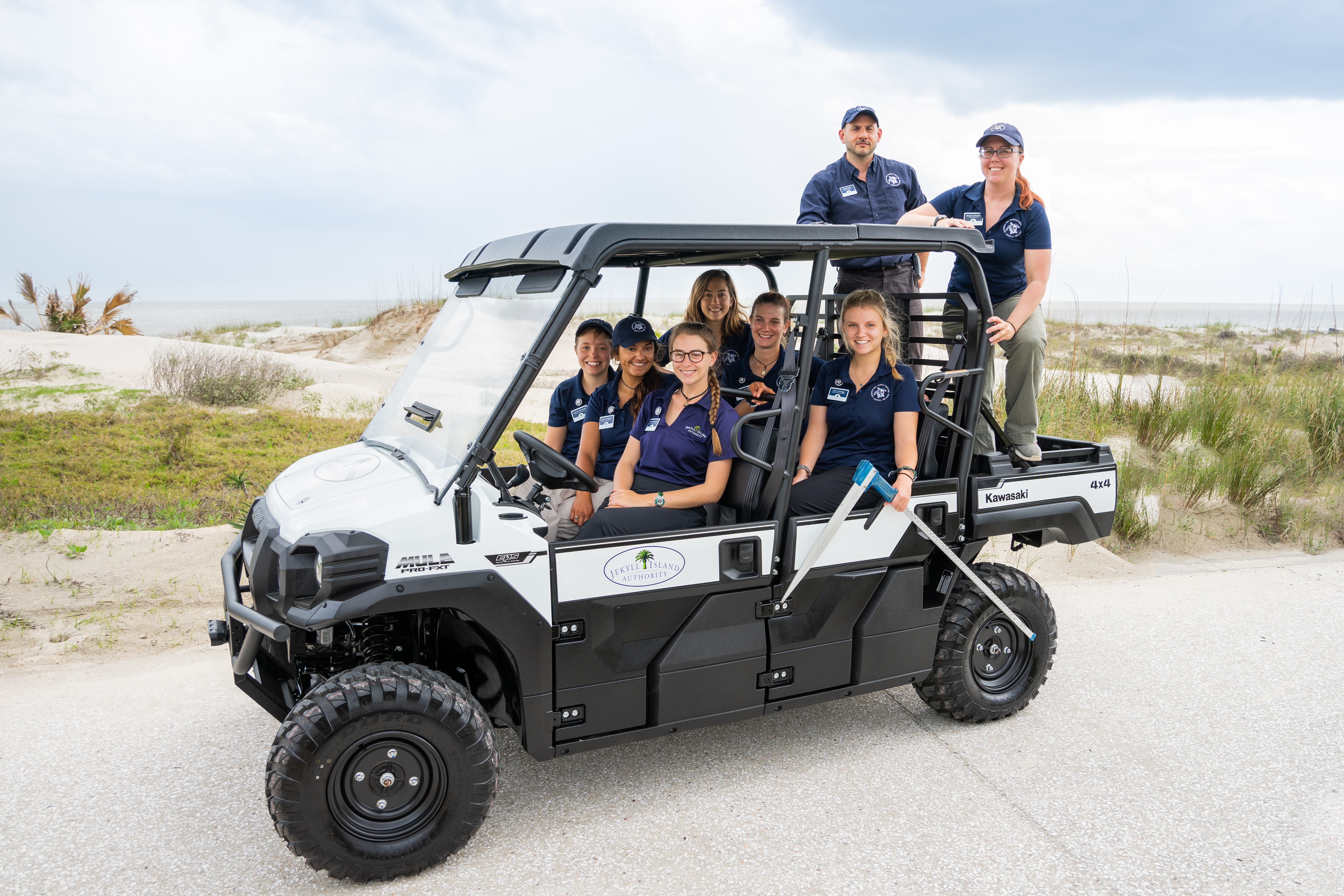By Ben Carswell, JIA Director of Conservation
Opportunities abound on Jekyll to establish and promote ecosystem values that better support the creatures that call our island home – those animals that share the landscape with us, and whose forbears shared it with Jekyll Island Club members and with Native Americans.
Modern Conservation land management practices—like invasive plant control, prescribed fire, connecting habitat fragments, pollinator-friendly landscaping, and restoration or creation of native grasslands and wetlands—all contribute to greater productivity and diversity of wildlife, great and small.
The land management activities of Jekyll Island’s past – colonial agriculture, club-era forestry, and state-park era landscape decisions – all influence the environment that exists today. And, what we learn from Jekyll Island’s deep history can inform us as we seek to improve upon the status quo to make Jekyll the best it can be for native animals.
One example of a project that could be supported with this fund is the restoration of maritime grasslands along Beachview Road between the road and the beachfront path. The wildlife value of this land was degraded when the area was flattened during the initial development of the island by the state. Maritime grasslands are a rare and important coastal plant community, dominated by sweet grass (also known as muhly grass), that provides abundant forage for small mammals that are the base of a diverse barrier island food web. Sweet grass is also an icon of coastal Georgia and South Carolina with roots in Gullah-Geechee cultural traditions such as basket weaving. Some of this area has already been restored, but much more remains. With your help, we can work toward making all of it more attractive for people and for wildlife.
Donor contributions to this initiative will support conservation activities aimed specifically at improving wildlife habitat on the island by ensuring that Jekyll has the necessary resources and staff training to apply cutting-edge science and state-of-the art management practice to that goal.


